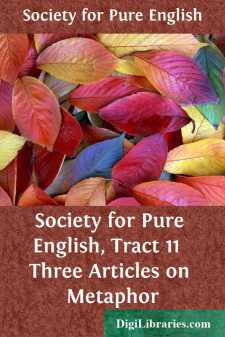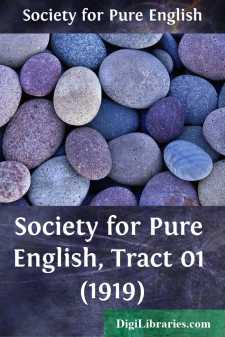Categories
- Antiques & Collectibles 13
- Architecture 36
- Art 48
- Bibles 22
- Biography & Autobiography 813
- Body, Mind & Spirit 142
- Business & Economics 28
- Children's Books 17
- Children's Fiction 14
- Computers 4
- Cooking 94
- Crafts & Hobbies 4
- Drama 346
- Education 46
- Family & Relationships 57
- Fiction 11829
- Games 19
- Gardening 17
- Health & Fitness 34
- History 1377
- House & Home 1
- Humor 147
- Juvenile Fiction 1873
- Juvenile Nonfiction 202
- Language Arts & Disciplines 88
- Law 16
- Literary Collections 686
- Literary Criticism 179
- Mathematics 13
- Medical 41
- Music 40
- Nature 179
- Non-Classifiable 1768
- Performing Arts 7
- Periodicals 1453
- Philosophy 64
- Photography 2
- Poetry 896
- Political Science 203
- Psychology 42
- Reference 154
- Religion 513
- Science 126
- Self-Help 84
- Social Science 81
- Sports & Recreation 34
- Study Aids 3
- Technology & Engineering 59
- Transportation 23
- Travel 463
- True Crime 29
Our website is made possible by displaying online advertisements to our visitors.
Please consider supporting us by disabling your ad blocker.
Society for Pure English, Tract 05 The Englishing of French Words; the Dialectal Words in Blunden's Poems
Description:
Excerpt
I
The English language is an Inn of Strange Meetings where all sorts and conditions of words are assembled. Some are of the bluest blood and of authentic royal descent; and some are children of the gutter not wise enough to know their own fathers. Some are natives whose ancestors were rooted in the soil since a day whereof the memory of man runneth not to the contrary; and some are strangers of outlandish origin, coming to us from all the shores of all the Seven Seas either to tarry awhile and then to depart for ever, unwelcome sojourners only, or to settle down at last and found a family soon asserting equality with the oldest inhabitants of the vocabulary. Seafaring terms came to us from Scandinavia and from the Low Countries. Words of warfare on land crossed the channel, in exchange for words of warfare at sea which migrated from England to France. Dead tongues, Greek and Latin, have been revived to replenish our verbal population with the terms needed for the sciences; and Italy has sent us a host of words by the fine arts.
The stream of immigrants from the French language has been for almost a thousand years larger than that from any other tongue; and even to-day it shows little sign of lessening. Of all the strangers within our gates none are more warmly received than those which come to us from across the Straits of Dover. None are more swiftly able to make themselves at home in our dictionaries and to pass themselves off as English. At least, this was the case until comparatively recently, when the process of adoption and assimilation became a little slower and more than a little less satisfactory. Of late French words, even those long domiciled in our lexicons, have been treated almost as if they were still aliens, as if they were here on sufferance, so to speak, as if they had not become members of the commonwealth. They were allowed to work, no doubt, and sometimes even to be overworked; but they laboured as foreigners, perhaps even more eagerly employed by the snobbish because they were foreigners and yet held in disrepute by the more fastidious because they were not truly English. That is to say, French words are still as hospitably greeted as ever before, but they are now often ranked as guests only and not as members of the household.
Perhaps this may seem to some a too fanciful presentation of the case. Perhaps it would be simpler to say that until comparatively recently a foreign word taken over into English was made over into an English word, whereas in the past two or three centuries there has been an evident tendency to keep it French and to use it freely while retaining its French pronunciation, its French accents, its French spelling, and its French plural. This tendency is contrary to the former habits of our language. It is dangerous to the purity of English. It forces itself on our attention and it demands serious consideration.
In his brief critical biography of Rutebeuf, M. Clédat pointed out that for long years the only important literature in Europe was the French, and that the French language had on three several occasions almost established itself as the language of European civilization—once in the thirteenth century, again in the seventeenth, and finally when Napoleon had made himself temporarily master of the Continent....




